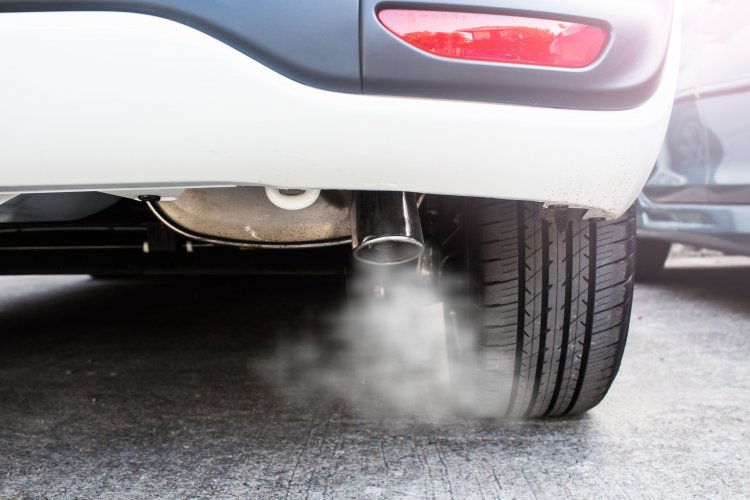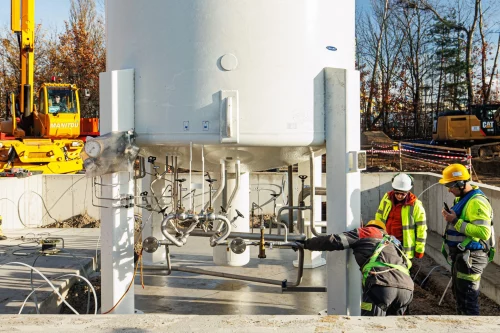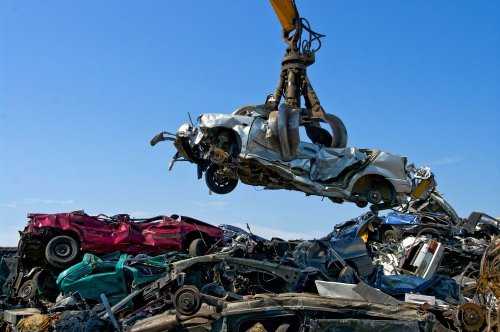On May 8, the European Parliament adopted a targeted change in CO2 emission standards for new cars and vans.
The relevant message appeared on the website of this legislative body of the European Union.
“The bill was voted in favor by 458 MPs, with 101 MPs voting against and 14 abstaining. To speed up the adoption of the draft law, the Parliament agreed to consider it under the urgent procedure.
The agreed amendment offers producers the opportunity to fulfill their obligations for 2025, 2026 and 2027 by averaging their performance over a three-year period, rather than for each individual year. The European Parliament believes that this approach will allow manufacturers to balance any excess annual emissions by exceeding targets in the following year(s).
The current rules set annual targets covering five-year periods to reduce average CO2 emissions from new cars and vans across the EU's vehicle fleet.
Starting in 2025, an annual target of 15% reduction in CO2 emissions compared to 2021 is set for the period 2025-2029.
Why this is good news for the EU auto industry
European automakers will have more time to meet the carbon dioxide emission targets for cars and vans, and may also be able to reduce potential fines. Earlier, business representatives warned that failure to meet this year's targets could lead to fines of up to €15 billion, given that the targets depend on selling more electric vehicles, a segment in which they lag behind Chinese and American competitors.
Critics, on the other hand, believe that the automotive industry has had 7 years to prepare for the 2025 targets and that the €15 billion estimate of fines is very high.
However, active lobbying helped stakeholders persuade the European Commission to simplify the requirements. Now the European Parliament has agreed with it.
In early March, EcoPolitic reported that in the near future, the European Commission is to propose a special amendment to the Regulation on CO2 emission standards for cars and vans, which will allow manufacturers to average their performance over a three-year period (2025-2027) rather than submit annual reports.





